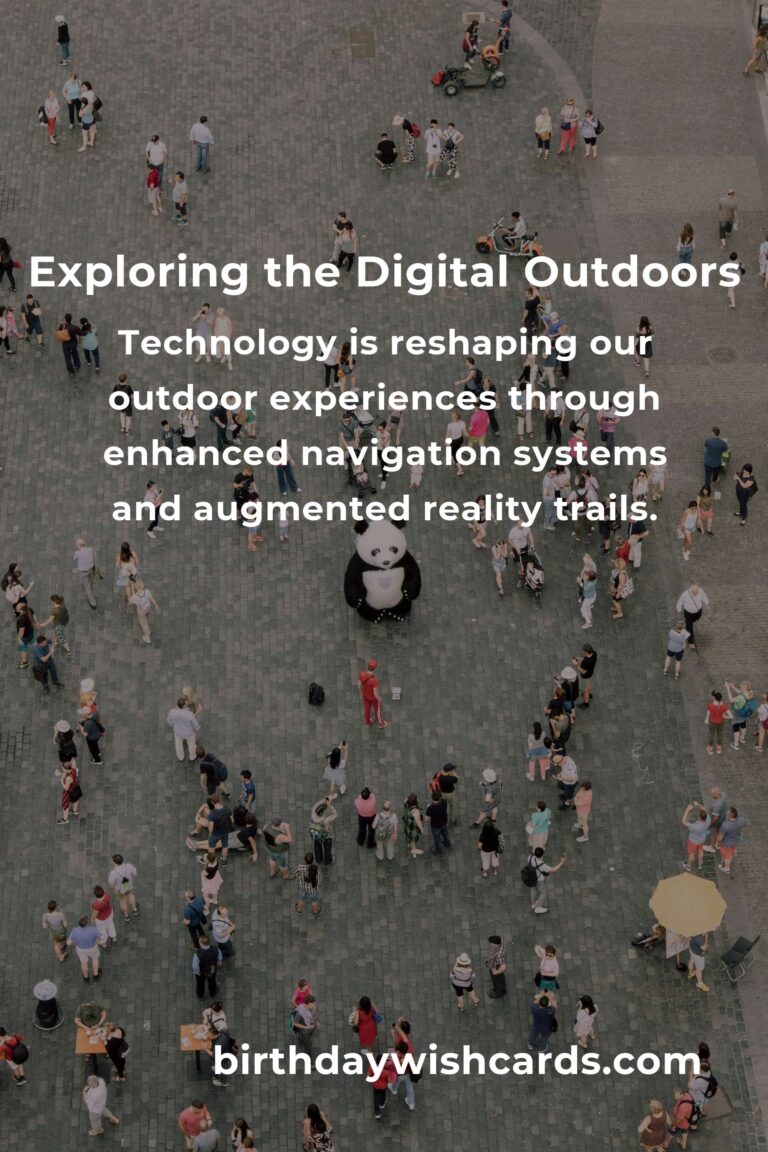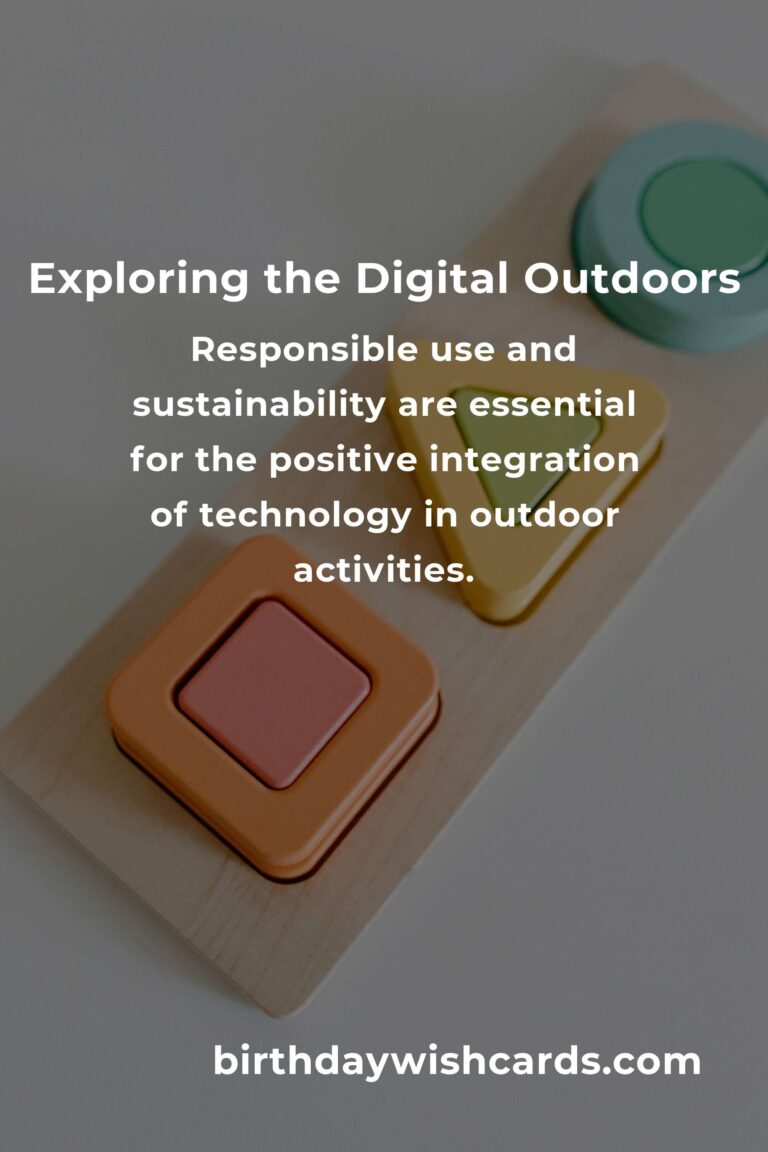
In recent years, the intersection of technology and outdoor activities has created a revolutionary approach to experiencing nature. While outdoor activities have traditionally been associated with physical exercise and a break from digital devices, the advent of digital tools has transformed the way we engage with the natural world. From enhanced navigation systems to augmented reality (AR) trails, technology is reshaping our outdoor experiences.
The Intersection of Nature and Technology
Technology’s impact on outdoor activities can be seen in various forms. Global Positioning System (GPS) devices have become indispensable for hikers and adventurers, providing accurate location data and route planning. Similarly, fitness trackers and smartwatches offer insights into physical performance, helping enthusiasts optimize their activities for better health outcomes.
Moreover, the integration of AR in outdoor activities adds a new dimension to exploration. AR applications overlay virtual information on real-world environments, offering interactive experiences that enhance learning and engagement. For instance, AR trails can provide historical and ecological information about a location, enriching the hiking experience.
Benefits of Digital Outdoor Activities
The incorporation of digital elements into outdoor activities offers numerous benefits. Firstly, it increases accessibility. People who might have been hesitant to explore certain terrains can now rely on digital tools for guidance and safety. Additionally, digital platforms can connect like-minded individuals, fostering communities that share tips, experiences, and even organize group activities.
Another significant benefit is the educational aspect. Digital tools can provide real-time data and insights that enhance learning. Whether it’s identifying plant species through a smartphone app or understanding weather patterns via a digital barometer, technology makes nature more approachable and informative.
Challenges in the Digital Outdoor Experience
Despite the advantages, digital outdoor activities are not without challenges. One of the main concerns is the potential for technology to detract from the natural experience. There is a fine line between enhancing and overwhelming, and excessive use of digital devices can lead to a disconnection from nature.
Moreover, reliance on technology can pose safety risks if devices fail due to battery depletion or technical malfunctions. Hence, it’s crucial for outdoor enthusiasts to maintain fundamental navigation skills and carry essential non-digital tools.
The Future of Digital Outdoor Activities
The future of digital outdoor activities is promising as innovation continues to drive new possibilities. Technologies like virtual reality (VR) and artificial intelligence (AI) are expected to further revolutionize how we interact with nature. VR could offer immersive experiences of remote locations, while AI could provide personalized recommendations based on user preferences and environmental conditions.
Furthermore, sustainability will play a critical role in shaping future developments. As technology becomes more integrated into outdoor activities, ensuring minimal environmental impact will be essential. This includes designing energy-efficient devices and promoting digital detox initiatives to encourage a balanced interaction with nature.
Conclusion
The science behind digital outdoor activities highlights a fascinating evolution in how we engage with nature. By leveraging technology, outdoor enthusiasts can enjoy enhanced safety, accessibility, and educational opportunities. However, it is imperative to balance technological integration with the intrinsic value of natural experiences.
As we look to the future, responsible use and continuous innovation will be key to ensuring that digital outdoor activities contribute positively to our well-being and understanding of the natural world.
Technology is reshaping our outdoor experiences through enhanced navigation systems and augmented reality trails. Digital outdoor activities increase accessibility and foster communities while offering educational benefits. Challenges include potential disconnection from nature and safety risks due to over-reliance on technology. Future innovations like VR and AI will further revolutionize our interaction with nature. Responsible use and sustainability are essential for the positive integration of technology in outdoor activities.
#DigitalOutdoors #OutdoorTechnology #NatureTech #AR #VR #Hiking #TechnologyInNature

